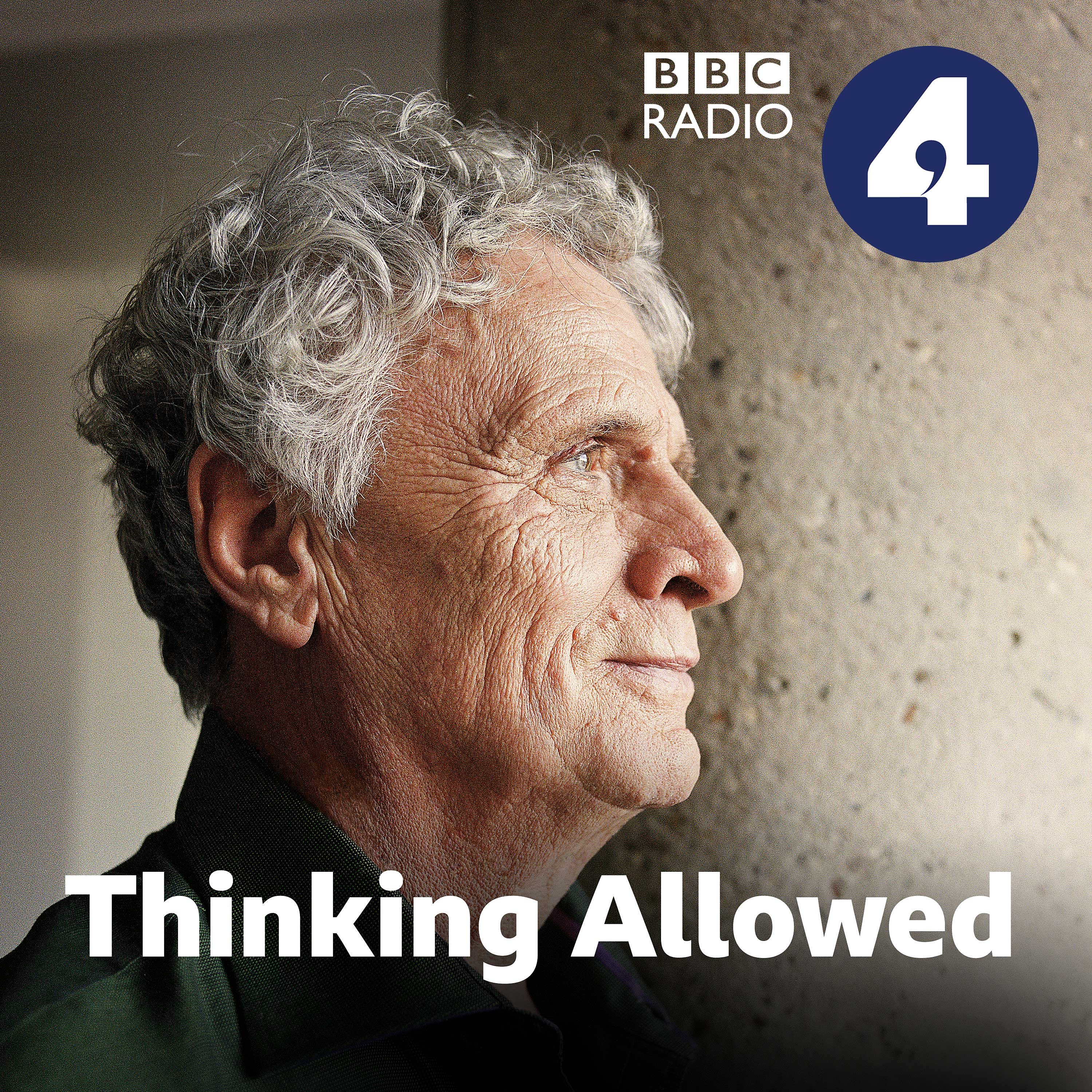Welfare reform; Crime in the Armed Forces

b'
Crime in the Armed Forces - Laurie Taylor talks to Emeritus Professor of History, Clive Emsley, about his pioneering, historical study into criminal offending by members of British armed forces both during and immediately after the two world wars of the 20th century, and concluding in the present day.
For a quarter of the 20th century, the UK had large conscripted armed forces and it is these services, and in particular the Army, that are the principal focus of this study. Emsley argues that the forces "reflect the society from which they come, both the good and the bad", pointing out that it\'s predominantly made up of younger men, the social group that commits the most crime. He also examines two popular assumptions about crime and war; namely, that crime decreases when wars begin as young men - those likeliest to commit crimes - are swept up into the forces; and that crime goes up at the end of war as men brutalised by combat returned to the civilian world but, unable to cope with \'peacetime\', engage in crime and violence. Dr Deirdre MacManus, from King\'s College, joins the discussion, having recently completed a study into the relationship between combat experience and violent crime amongst British soldiers returning home from Iraq and Afghanistan.
Also, Ruth Patrick\'s research into the lived experiences of welfare reform. She\'s interviewed a range of out of work benefits claimants between 2011 and 2013. Talking to single parents being moved from Income Support onto Jobseeker\'s Allowance, disabled people waiting to be migrated off Incapacity Benefit and onto Employment and Support Allowance, and young jobseekers experiencing the new Jobcentre/Work Programme and sanctions regime, her study gives a unique insight into the impact of a revolution in \'welfare\' provision on \'real\' people.
Producer: Jayne Egerton.
'